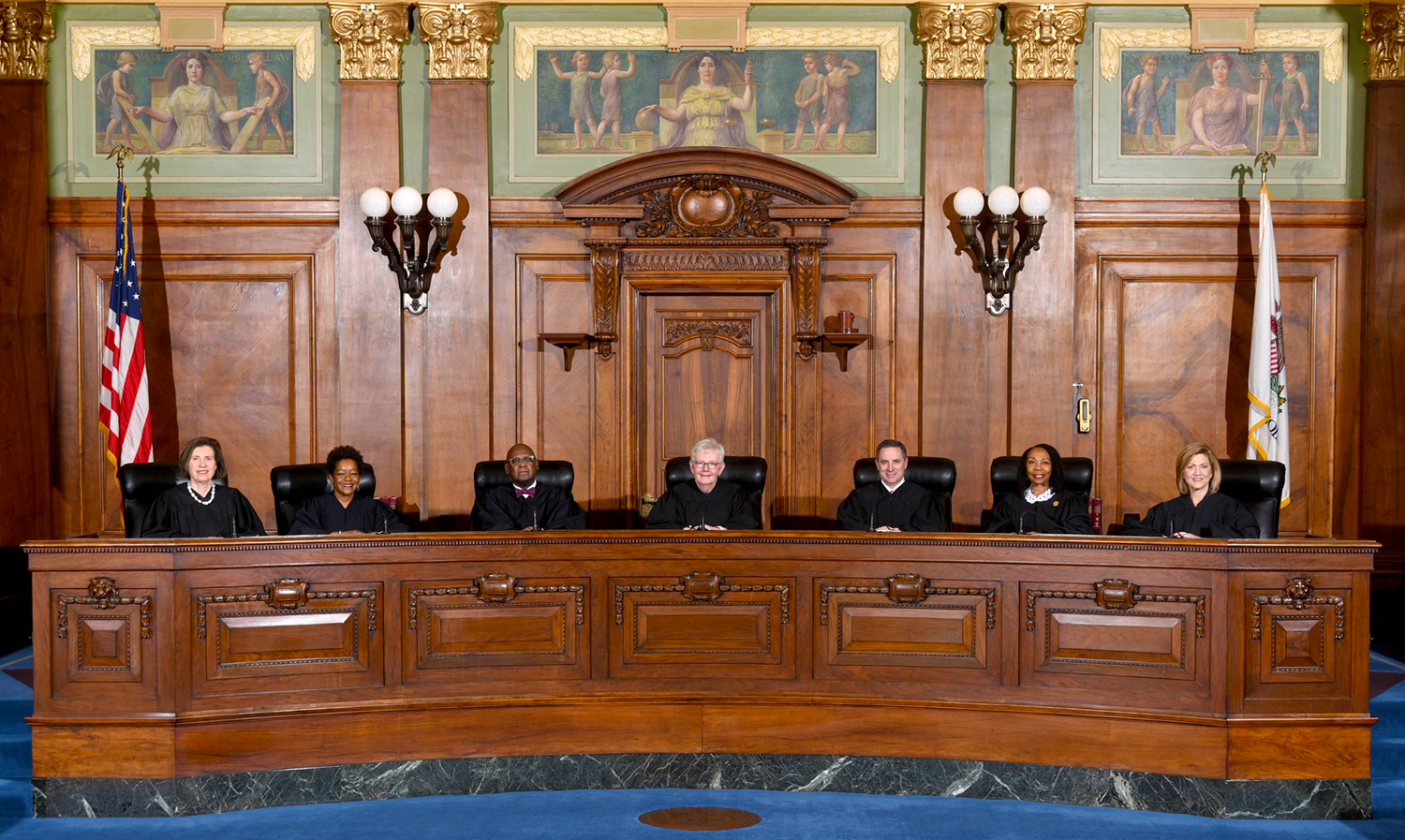By Illinois Review
On Tuesday, State Rep. Dan Caulkins, Gov. JB Pritzker and Illinois Attorney General Kwame Raoul requested that the Illinois Supreme Court consolidate the three cases brought by former Republican AG candidate Thomas DeVore against Pritzker’s Assault Weapons Ban but keep their case out of it. Today, the Illinois Supreme Court did just that.
Rep. Caulkins’ lawsuit against the Assault Weapons Ban will proceed on its own in Macon County, with the parties having just filed cross-motions for summary judgment.
As Illinois Review previously reported, those early summary judgment motions are being made in a case having no record as the parties have declined to take any discovery.
DeVore’s three cases will proceed in Effingham County before Judge Joshua Morrison. DeVore has served numerous discovery requests on the defendants, which the defendants have declined to answer and have sought an extension of time to June in which to respond.
Regardless of the outcome of the cross-motions for summary judgment in Rep. Caulkins’ case, there is no doubt that the parties will appeal the outcome. In other words, the Illinois Supreme Court ultimately will be the one to decide whether summary judgment is proper at this early stage of the litigation.
Rep. Caulkins’ motion for summer judgment challenges the Assault Weapons Ban on the basis that it violates the Equal Protection Clause of the Illinois Constitution. That novel claim, first brought by DeVore in his initial case, is based on exemptions in the gun ban that permit seemingly arbitrary groups of people from buying or owning banned weapons.
For instance, active and retired law enforcement are excluded from the ban, as are active military, prison guards, and employees in private security. Not excluded, however, are retired members of the military.
Defendants Pritzker and Raoul are likely to argue in response to Rep. Caulkins’ summary judgment motion that these exemptions are based on training. Discovery requests served by DeVore seek to prove that there is no basis for the exemptions in the legislative record, as the gun ban was rushed to passage a matter of hours after being completely gutted and rewritten by the legislature.
In a Democratic-controlled Supreme Court, it stands to reason that the quickest way to defeat this Equal Protection argument, and therefore upend the Temporary Restraining Orders that have been entered in all four cases based on Equal Protection violations, would be to fast-track the one case – Rep. Caulkins’ case – that is devoid of any record.
Time will tell.
Please continue to follow Illinois Review and DeVore Law Offices for more updates as they become available.









